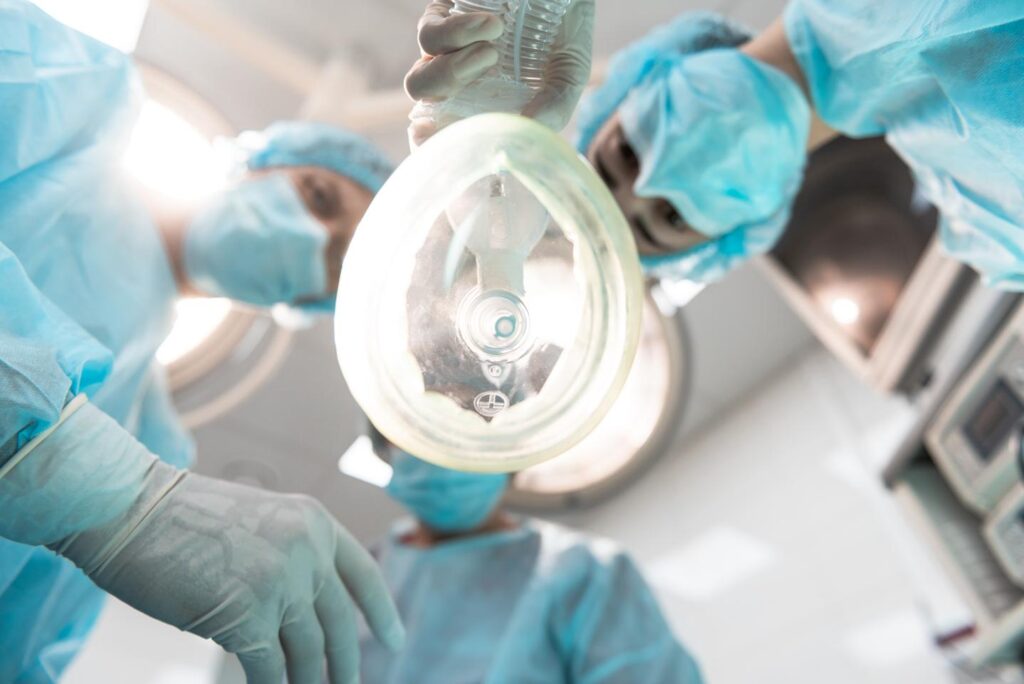Almost 25 years since scientists first identified the difference in anesthetic sensitivity between males and females, new research suggests that sex hormones make men more responsive to this state of unconsciousness – and women far less so. have shown that women take longer to be ‘put under’, to emerge from anesthetic faster than men, and are more likely to experience rare occurrences of awareness while on the operating table. But why this is has been largely theory-based and understudied, which should not be a surprise given in health care across the board.
Now, in a mouse and a human model, University of Pennsylvania researchers look to have confirmed that hormones play a key role in drug metabolism and their sleep effect, with women more resistant to the hypnotic aspects of general anesthesia. “Anesthetics induce unconsciousness in part by impinging upon sexually dimorphic and hormonally sensitive hypothalamic circuits regulating sleep and wakefulness,” the authors noted in the study. “Thus, we hypothesized that anesthetic sensitivity should be sex-dependent and modulated by sex hormones.
” In a mouse study, the team found that at identical anesthetic concentrations, female mice were more resistant to the drug than males. However, when the trial was replicated on castrated mice, they had increased resistance that was in line with the females. As such, it seemed to confirm testosterone was at play in drug sensitivity.
“Anesthetic sensitivity is bidirectionally modulated by testosterone,” the added. “Castration increases anesthetic resistance. Conversely, testosterone administration acutely increases anesthetic sensitivity.
Conversion of testosterone to estradiol by aromatase is partially responsible for this effect. ” Reading brain signals via electroencephalogram (EEG), which is used in clinical settings to help medical staff monitor anesthetic ‘depth’, there was no evident difference between females and males, or 30 human participants in the trial. But when whole brain activity was mapped, in mice, it revealed far more stimulation in the male hypothalamic regions, which promote natural sleep.
The researchers believe this may be why far more women report disturbing episodes of awareness or a type of wakefulness during procedures. “Sex differences in anesthetic sensitivity are predominantly due to testosterone,” the authors added. The study opens the door for further research into differences within sexes across life stages, as well as a call to reassess how anesthetic doses are calculated.
Right now, dosages are based on weight, which does not take into account other physiological factors such as fat, which can change the effectiveness of hypnotics, and as this study highlights, hormones. On average, men are larger than women, so generally receive more drugs despite being more sensitive to their effects. “In clinical settings, anesthetic administration is typically guided by data disproportionally compiled in males,” said the researchers.
“As we demonstrate, this approach may significantly underestimate anesthetic requirements for female patients. ” The research was published in the journal Source: via.
From: newatlas
URL: https://newatlas.com/medical/sex-hormones-anesthesic-men-women/
